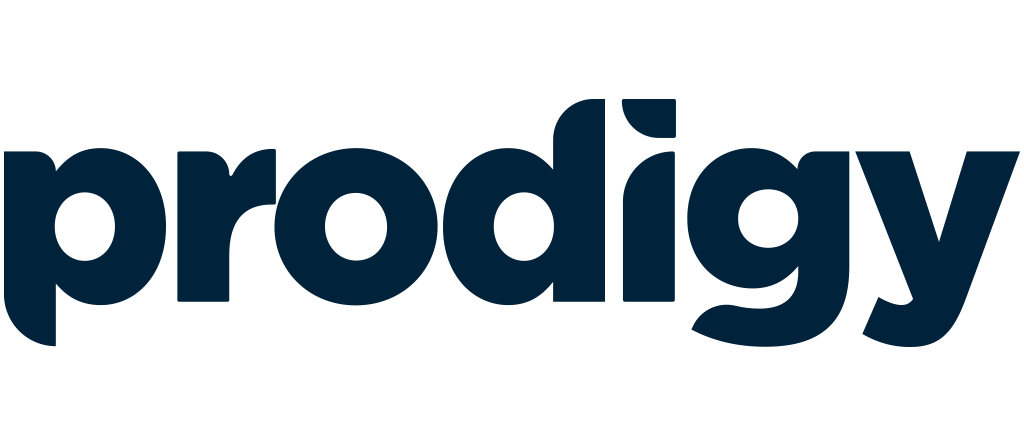Measure What Matters: A Practical Marketing ROI Formula for B2B Professional Services
Marketing ROI = (Sales Growth - Organic Sales Growth - Marketing Cost) / Marketing Cost
For B2B professional services firms, this is the most straightforward and practical marketing ROI formula I’ve found. It can account for long sales cycles, consider organic sales growth, and be applied to various marketing campaigns. Best of all, it’s easy to calculate and understand, which increases the likelihood of it being used consistently year after year.
Seasoned marketers understand the value of being fluent with marketing metrics—while amateurs tiptoe around or even get offended by questions of proving the return of marketing investment.
But it’s also easy to overdo it. The book Marketing Metrics: The Definitive Guide to Measuring Marketing Performance lists 110 major marketing metrics. That’s a data hoarder’s dream. And impractical.
I'd rather stick with the simple formula above.
How to use the formula
Establish a baseline. This, in my opinion, is the most important step in measuring marketing ROI. Without a proper baseline, managers (and clients) are free to make any conclusion that suits their mood. Experienced marketers know what I mean. To establish a baseline, gather historical monthly sales data from the past five years (if available—to identify and account for outliers) and calculate the average sales over a specific period, depending on your purpose. Take note and adjust for seasonal variations.
Compute for organic sales growth. Now that you have a baseline, you can easily calculate the average organic growth for any given period. Be sure to exclude sales attributed to specific marketing campaigns.
Calculate incremental revenue attributable to marketing. Now that you have your organic sales growth, deduct that number from the total sales growth, and you get the revenue generated by your marketing campaign.
Subtract marketing costs from the revenue generated by marketing.
Divide the result by the marketing cost. Voila! You have your marketing ROI ratio. To express that in percentage, simply multiply by 100.
For example, if a campaign resulted in $100,000 sales growth, with $20,000 estimated organic growth, and a cost of $30,000:
Marketing ROI = ($100,000 - $20,000 - $30,000) / $30,000 = 1.67 or 167%
This means your firm generated $1.67 in net profit for every dollar spent on marketing after accounting for both organic growth and marketing costs.
Things (and other metrics) to consider
I hate gathering data for data’s sake, but the tips below I've found incredibly useful.
Set clear objectives. Before launching any campaign, define what success looks like. Are you aiming for lead generation, brand awareness, or client retention? Each objective may require different metrics.
Other useful metrics. To get a fuller picture of your marketing health, the following KPIs are worth tracking for B2B professional services firms:
Website sessions (and their sources)
Newsletter open and clickthrough rates
Average time on page
Average keyword position
Cost Per Lead (CPL)
Customer Acquisition Cost (CAC)
Conversion Rate
Customer Lifetime Value (CLV)
Marketing Qualified Leads (MQLs)
Sales Qualified Leads (SQLs)
Use tracking tools. Google Analytics 4, Google Search Console, Google Ads, Semrush, a robust CRM system, an email marketing platform, and a marketing automation tool. Those are all you need for most campaigns.
Pick an attribution model. And be consistent. You cannot change your mind on a whim. Otherwise, you won’t get apples-to-apples comparisons for multi-year periods. Common models include:
First Touch: Credits the first interaction
Last Touch: Credits the final interaction before conversion
Multi-Touch: Distributes credit across multiple touchpoints
Sales cycle length. If your average sales cycle is twelve months and your campaign launched just three months ago, it's too soon to calculate the ROI. Instead, monitor other indicators like lead status or top-of-the-funnel conversion rates, but wait for the entire sales cycle to complete for the final ROI calculation. The B2B professional services industry has notoriously long sales cycles, which can impact short-term ROI measurements.
Some useful benchmarks
Here are some key marketing ROI benchmarks for B2B professional services firms:
Overall ROI Benchmark:
The general rule of thumb for a good marketing ROI is a 5:1 ratio (500% ROI).
A 10:1 ratio (1000% ROI) is considered exceptional.
Anything less than a 2:1 ratio (200% ROI) is typically considered unprofitable.
Channel-Specific ROI Benchmarks:
PPC (Pay-Per-Click): Average ROI of 36%
SEO (Search Engine Optimization): Average ROI of 748%
LinkedIn Advertising: Average ROI of 192%
Webinars: Average ROI of 430%
Email Marketing: Can achieve very high ROI, often exceeding 3000% (my all-time favorite marketing medium)
Other Relevant Metrics:
Total Number of Marketing Qualified Leads (MQLs): Aim for +40% year-over-year growth
Customer Acquisition Cost (CAC):
Organic: $942 on average
Paid: $1,907 on average
Cost Per Lead (CPL):
Organic: $327 on average
Paid: $458 on average
LTV to CAC Ratio: Aim for 4:1
Lead to MQL Conversion Rate: 31% on average
Website Visitors: Aim for +45% year-over-year growth
Budget Allocation:
B2B companies typically spend 2% to 5% of their revenue on marketing, which is about half of what B2C companies spend (5% to 10%).
Some sources suggest B2B companies should allocate 6% to 12% of their revenue to marketing, depending on their growth stage and competitive landscape.
In my experience and research, no single metric is perfect. Marketing is not an exact science.
As I often say, marketing is half art, half science. While metrics like impressions, cost-per-result, and clickthrough rates are precise and easy enough to gather, other metrics, such as buying power, brand equity, and allocation of overhead costs among products, are more art than science.
But, having a dashboard of the practical metrics mentioned above can go a long way to triangulate strategies and solutions to most marketing problems. It should be a staple of responsible marketing.

